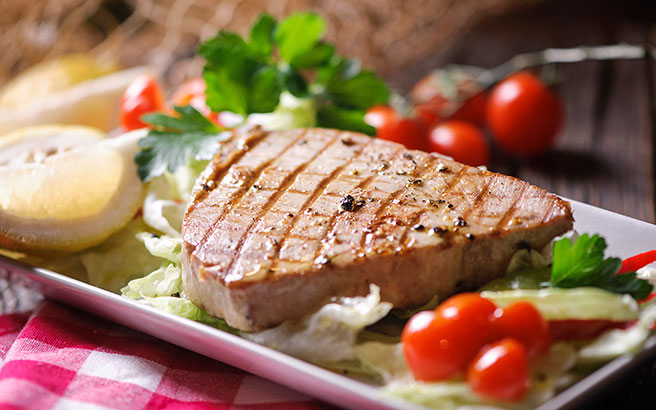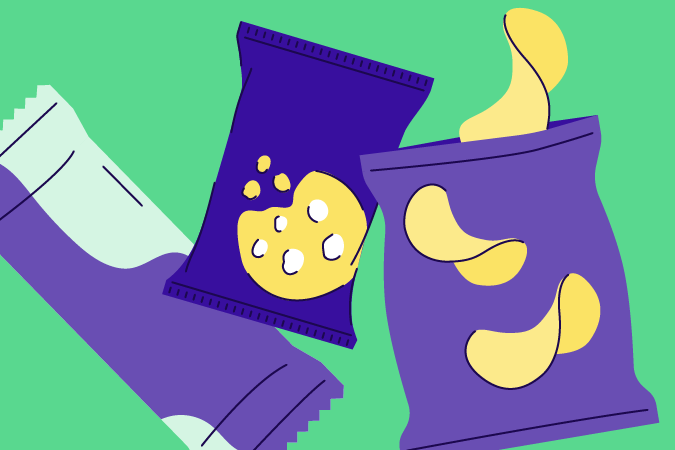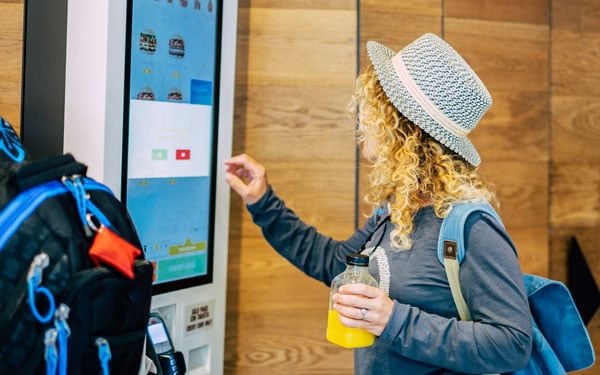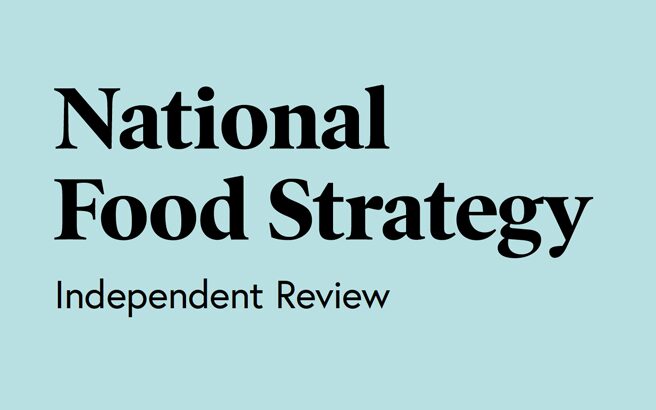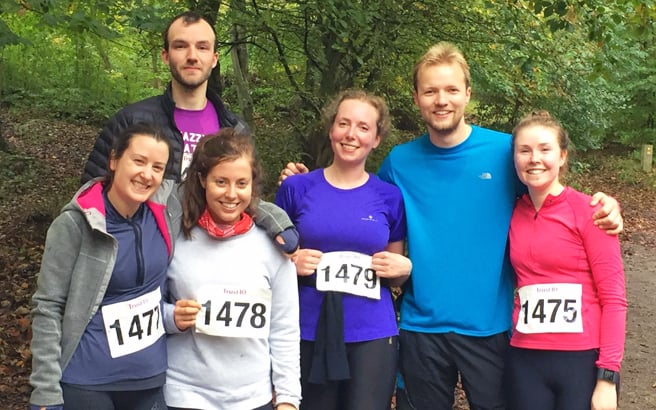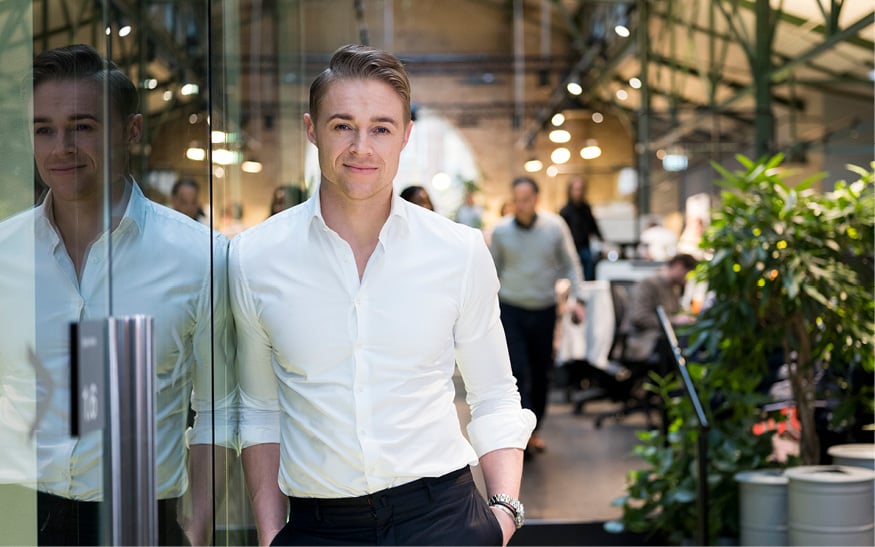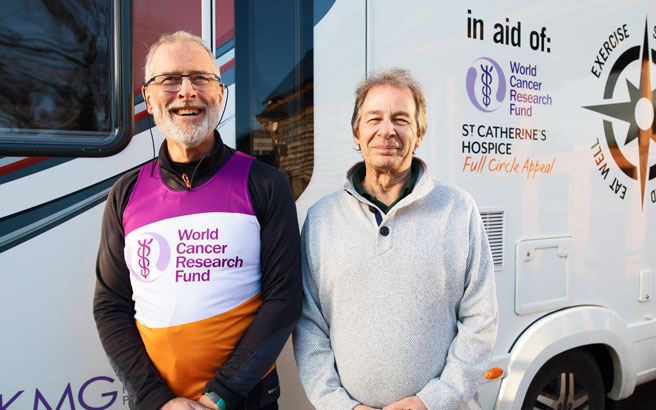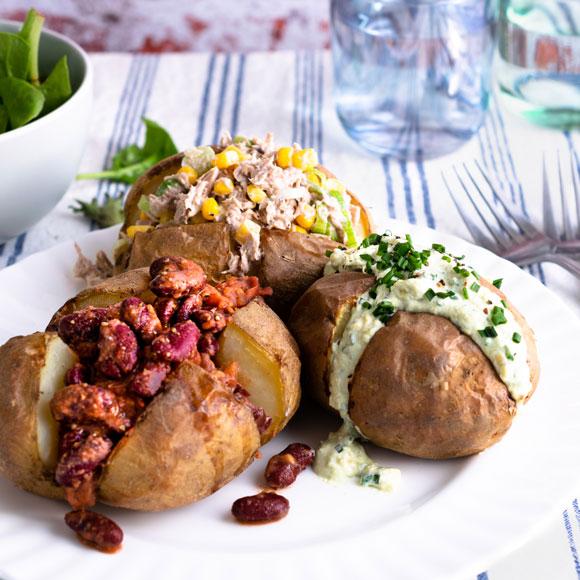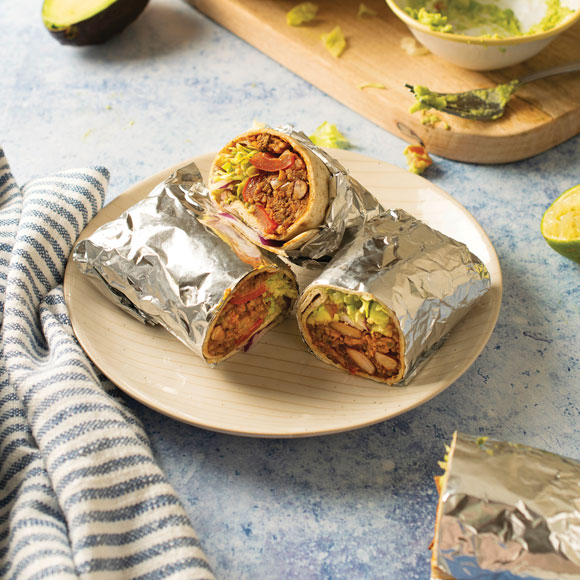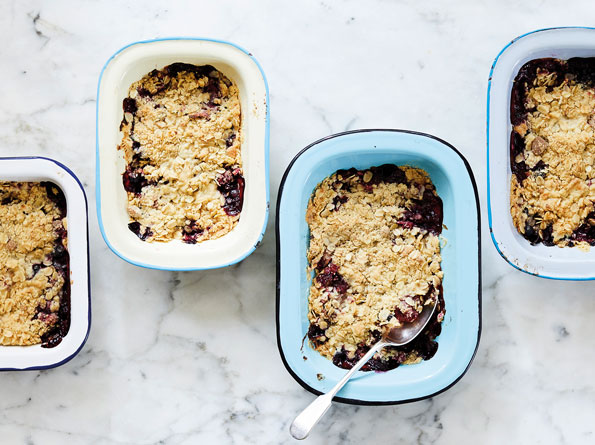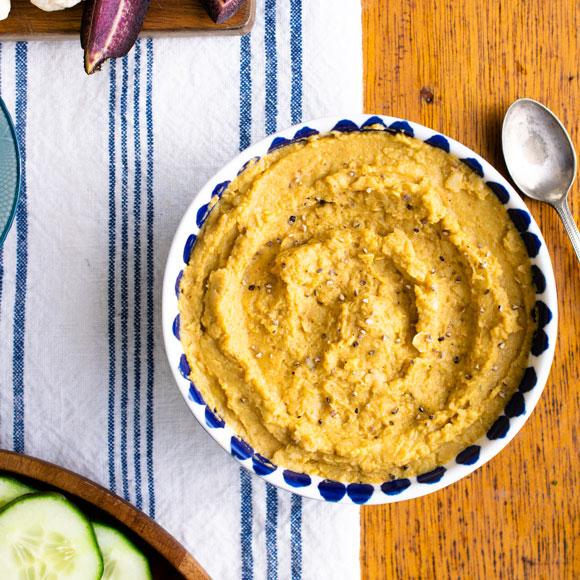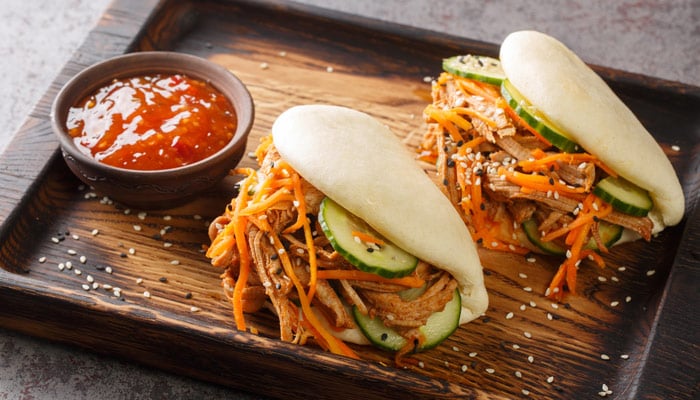At the World Cancer Leaders’ Summit in Long Beach, California on Tuesday 17 October, organised by the Union for International Cancer Control (UICC), World Cancer Research Fund International was one of 3 organisations nominated for the Outstanding Contribution to Cancer Control Awards. This was in recognition of over 30 years of leading the field in cancer prevention research on the role of diet, nutrition and physical activity.
From our flagship research programme the Global Cancer Update Programme, which includes the largest cancer prevention database in the world, to our international policy-influencing work and instrumental role in raising public awareness on cancer prevention, we are a world-leading authority trusted by cancer experts, health professionals, policymakers and individuals around the world.
The other 2 nominated orqanisations were Cancer Institute New South Wales, Australia, and Liga contra el cancer, Peru. The winner on the night, announced at a UICC 90th anniversary dinner and awards ceremony, was Liga contra el cancer.
Rachael Gormley, World Cancer Research Fund’s Chief Executive Officer, said:
We are extremely grateful to have been recognised for our outstanding cancer control contribution work. This nomination serves not just as recognition of past accomplishments but as a powerful reminder of the work that lies ahead. We will continue to push boundaries, collaborate and advocate for more investment into cancer prevention and survival research.
Dr Panagiota Mitrou, World Cancer Research Fund International’s Director of Research, Innovation and Policy, said:
Being shortlisted for this prestigious award is a real validation by the international cancer community of our groundbreaking global work over the last 3 decades into the role of diet, nutrition and physical activity in relation to cancer prevention. We’re now more dedicated than ever to our continued mission of helping to avoid preventable cancers and improve survival after a diagnosis through our research funding, evidence analysis and policy-influencing work.
The UICC is the oldest and largest global membership organisation dedicated to taking action on cancer, and we have been proud to work with the UICC and its 1,150 members for many years. UICC members include cancer research institutes, hospitals, societies and patient support groups.
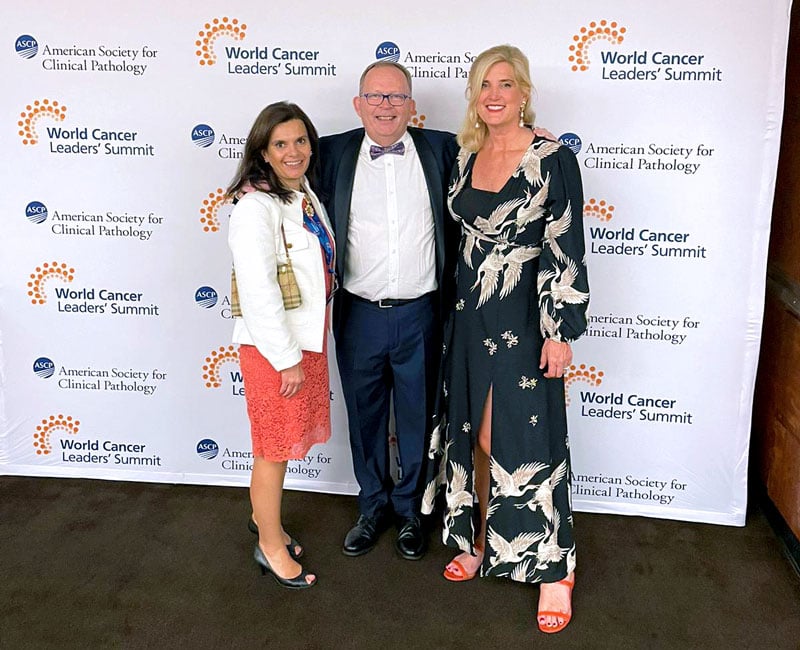
Cary Adams, CEO of UICC, flanked by World Cancer Research Fund’s Dr Panagiota Mitrou and Rachael Gormley
When you were a child, what did you want to be when you grew up?
A dietitian!
Did you ever set fire to anything in the science lab at school?
No but I really loved the science lab and all the wonder that biology and chemistry revealed. This only grew when I did my science degree, where subjects like molecular genetics and biochemistry convinced me of how the body is so intricately functioning, with a biochemical pathway working quietly in the background to keep us healthy and trying to ‘fix’ things at a cellular level to prevent cancers.
Are you a lab coat scientist or a sat-at-a-computer scientist?
I’ve had a varied career and transverse many facets of nutrition – starting with a science degree, then becoming a clinical dietitian, then research and science communicator and entrepreneur. My team now includes people who wear lab coats, some who work with people, some who spend more time on the technology and some who do all. Most researchers though spend time on computer for data collection, statistical analysis and writing up the research.
Clare's advice for young dietitians
Follow your passion. Be prepared to work hard. Don’t give up!
What’s your favourite part of the job?
Science communication. I love talking and writing about nutrition and sharing what we know from research with people around the world. I’ve created free online open courses (MOOCs) to help people and health professionals develop knowledge and skills to eat better and feel better. Our Science of Weight Loss course had more than 67,000 enrollees across 180 countries.
And what do you find most challenging?
Getting funding for research. Success rates are now around 15% or less, which makes it very hard to plan and especially to support your team and foster those early in their careers. You don’t do research for the dollars but improving funding would help keep people making the discoveries and implement programmes of value.
Your latest research is on personalised nutrition. What is that and why is it important?
A key aspect of my current research is precision and personalised nutrition. Personalised nutrition takes into account your medical and family history, as well as considering any individual barriers and facilitators to eating healthily, to develop a personal plan and behavioural support to improve diet-related risk factors.
The “precision nutrition” aspect is a new field trying to get a better understanding of how your genes affect your metabolic pathways related to food and nutrition, and related health outcomes, like bowel cancer for example. This may mean taking another look at dietary advice for people based on their family history of specific disease, and starting an intervention based on that.
How do scientists like yourself make a difference to people’s lives with your research?
By sharing it through both science communication and practical support, like our No Money No Time program and website that not only has an extensive stack of easy healthy recipes, it also includes tools to help people plan meals and become more confident in the kitchen. There are hundreds of short nutrition articles that translate science to plain English and evidence-based hacks, as well as free eBooks to download. We produced one on Mood Foods that we developed in partnership with a youth mental health organisation in Australia called Headspace.

Sign up to our policy newsletter
Get the latest news and updates direct to your inbox
